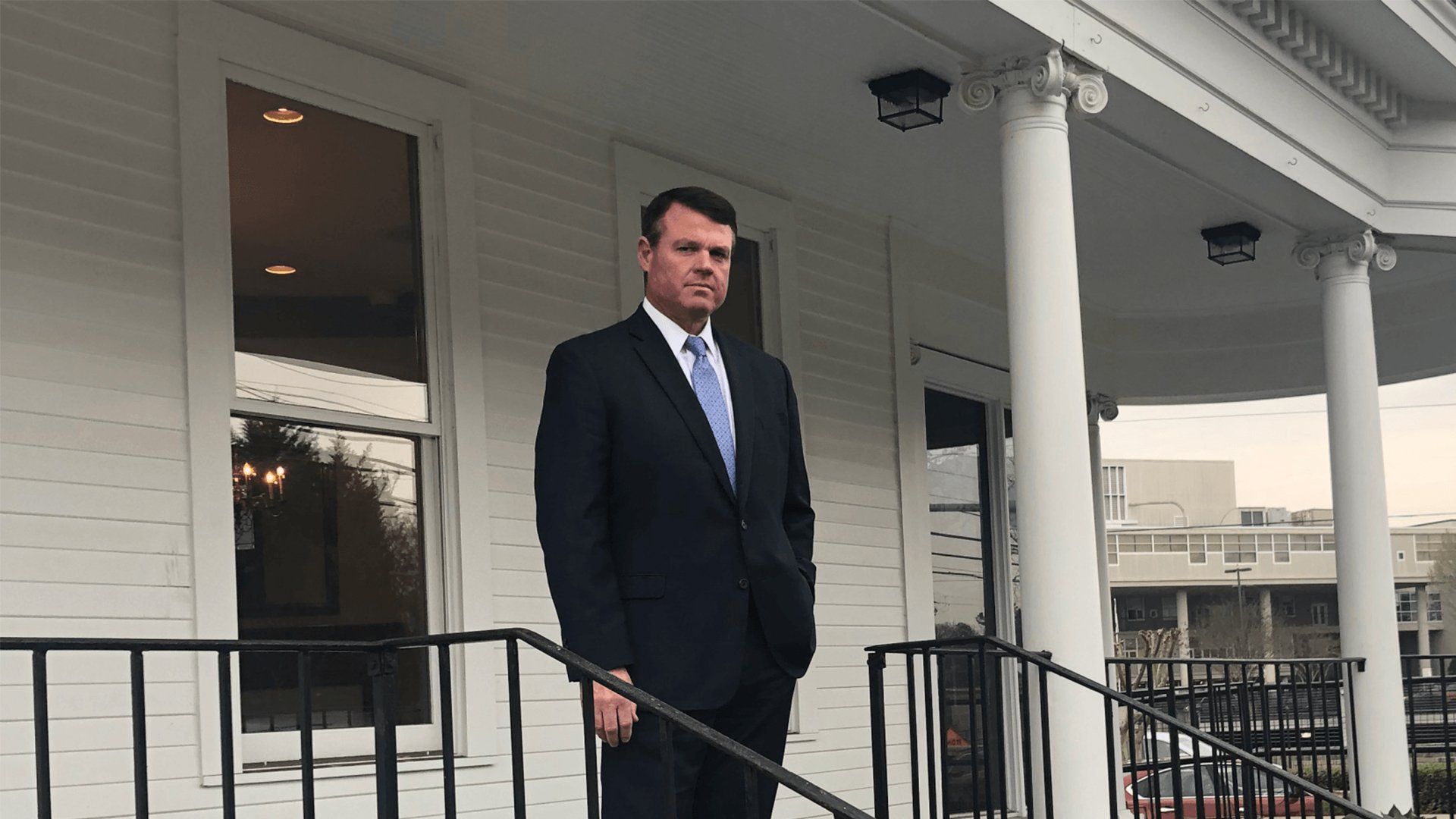Blog
Mental Health and Criminal Justice
Lately, I have received a number of calls from families needing representation for a loved one who is suffering from some level of mental illness and was arrested after the family called for help during an episode. From dementia to schizophrenia, there are many illnesses which affect the mind as well as the body and cause people to behave in ways that are not only contrary to their true nature but also potentially pose a risk to those around them, and it has come to my attention, more than ever in recent months, that the resources for families suffering in this way are few, even for those with health insurance and access to medical care.
One layer of the problem is that individuals in the grip of dementia, addiction, schizophrenia, or psychosis rarely recognize that they are ill and need help. The very nature of their illness prevents them from seeing their situation accurately, so they resist the attempts by family and friends to get help. When their illness causes them to become disruptive or violent, spouses, partners, children, parents, have very few options open to them. Often, they call the police. The police respond, but they too have limited resources for dealing with crises that result from mental health problems, and the end result of a 911 call is usually an arrest, which does not help the person suffering and results in additional expenses and burdens for their family. This is not a criticism of law enforcement who are usually doing everything within their power to keep people safe, but they are not trained mental health professionals, and therefore cannot be expected to perform medical diagnosis when responding to a call.
The following are resources/options open to people who believe a loved one is suffering from mental health problems:
- Any medical doctor can sign an involuntary committal order for an individual the doctor feels is suffering from mental illness. The problem here is that often people can maintain afaçadeof wellness for a short amount of time, e.g. the fifteen minutes spent at a doctor’s office, so even when a loved one manages to get them to a doctor, often there is not sufficient evidence for the doctor to sign an involuntary committal order.
- Family can file paperwork for an involuntary committal, and under certain circumstances, a judge of superior or probate court can order involuntary treatment for people proved to be suffering from mental illness or addiction. Unfortunately, many people don’t feel comfortable with this kind of paperwork and cannot afford to hire an attorney to help them. Even if they overcome this obstacle, proving the illness can be difficult, and this type of action can really affect relationships within the family.
- In crisis situations the law allows a judge to order a person to be apprehended by law enforcement on the basis of a two-party affidavit and delivered to a hospital for diagnosis by medical personal to determine whether treatment is necessary. Again, this process could be intimidating to some people, and even for those who would feel confidant or comfortable utilizing this measure, during a crisis there would rarely be time to complete affidavits and contact judges.
- If a police officer observes a crime being committed by a person the officer reasonably believes is mentally ill and in need of treatment, the officer has the discretion to take the person to be evaluated instead of arresting him/her. My experience has been that this rarely happens, even when the family states that they believe their loved one is suffering from mental illness. This is not a failing on the part of law enforcement, but rather reflects a lack of awareness and/or training in mental health.
Even when any of the above measures are successfully taken, it is extraordinarily difficult for the treating facility to detain an individual without their consent. The patient can/will only be detained for up to five days, unless the chief medical officer submits a petition to the appropriate court supported by two independent medical doctors or one doctor and one psychologist recommending involuntary inpatient treatment. This rarely happens, even for people suffering from severe mental illness. The root of this reluctance to involuntarily commit people on the word of their relatives stems from a time when people abused the system to rid themselves of unwanted/unruly children, spouses, relatives. This is a very real concern and not a system we would ever want to revive. However, the current system does not work and does not provide adequate support for those suffering from mental illness or the loved ones who are trying to take care of them.
I am not a supporter of big government, and I rarely advocate for more governmental control, but the mental health system in our great country needs reimagining, revising, reworking. We need to be more aware that people are truly suffering, often in poverty, often isolated, often lonely, and increasingly desperate. Providing support for these people and their families is not only the right thing to do, it would also make our society safer. A large part of my law practice is criminal defense, thus a significant portion of my income depends on people being arrested and charged with crimes; I would welcome, however, the day that families and individuals affected by mental illness can avoid criminal charges by getting appropriate help for their condition before their illness leads to arrest.
Kim T. Stephens
Leave a Comment
Contact Stephens & Brown Today
We will get back to you as soon as possible.
Please try again later.















